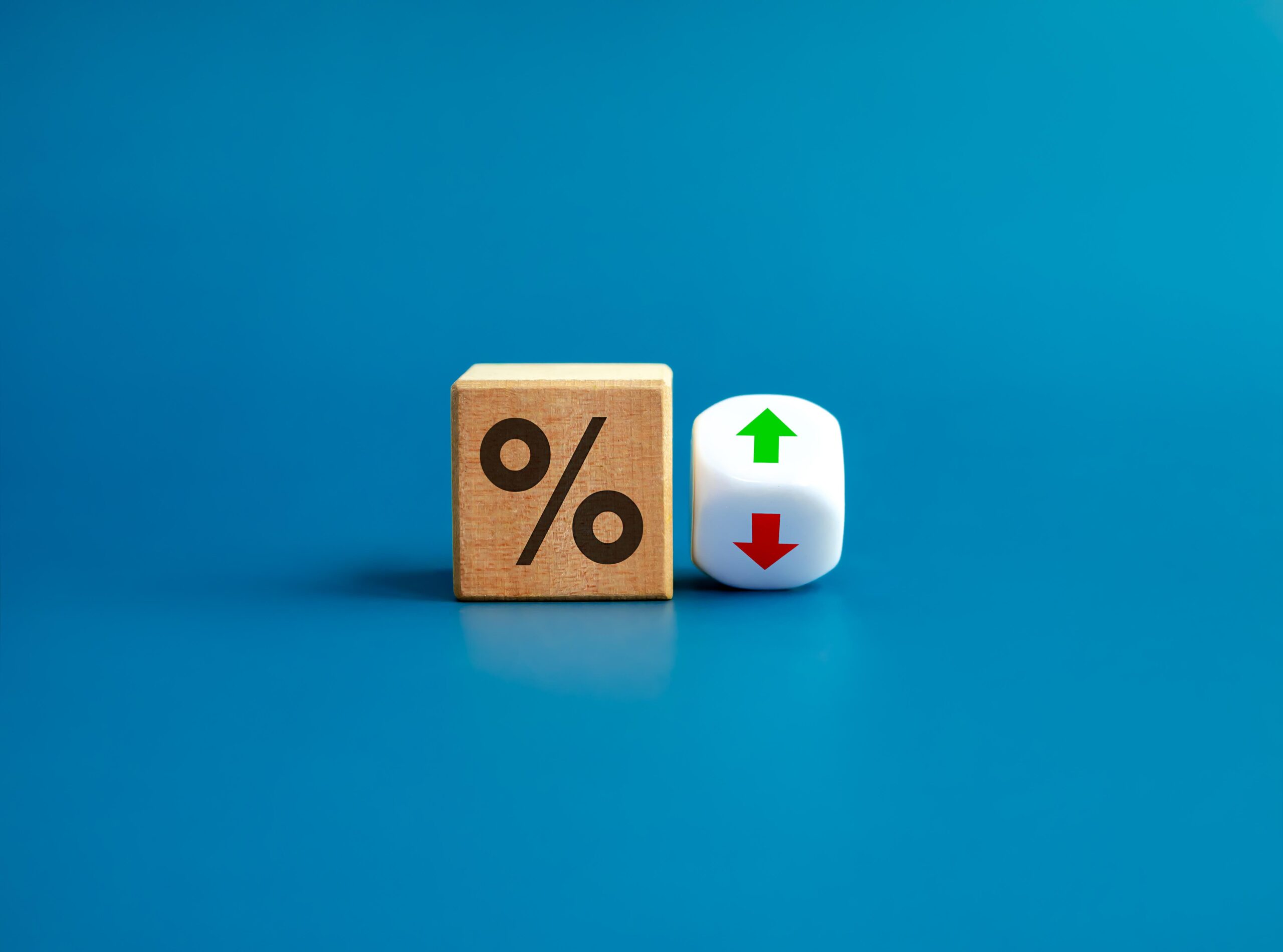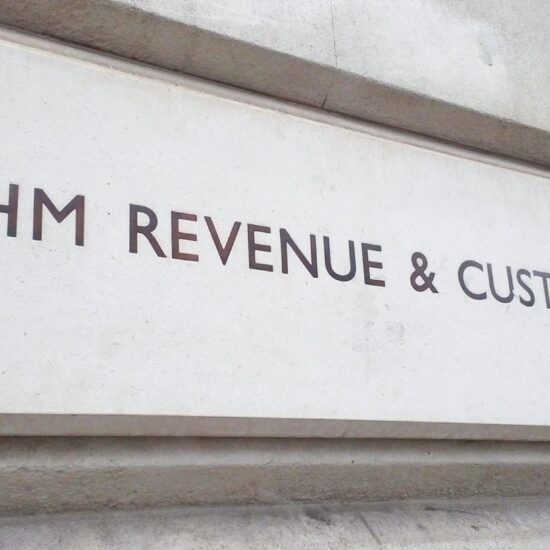Inflation falls to lowest rate in over two years
Will Drysdale, Reporter, Accountancy Daily
The rate of inflation was 3.2% in March, down from 3.4% in February, a significant fall from a year ago when it was 10.1%
A further drop in food prices to 0.2% has influenced the two-month drop in inflation, which is the lowest since November 2021. Over the year prices have risen by 4%, although this was only 1% down on last March.
Bread and cereals rose by just 0.2% for the month, 2% lower than March 2023. The price of meat fell 0.5%, marking an annual rise of 3.1% over the last year, the lowest figure since November 2021, mostly affected by the price of pork products.
Eight of the 11 food sub-categories fell in price, except for hot drinks, soft drinks, and vegetables.
Danni Hewson, head of financial analysis at AJ Bell said: ‘Inflation is moving in the right direction and anyone who has wheeled a trolly around a supermarket over the past few weeks will have noticed that prices aren’t delivering those checkout shocks in the same way they were this time last year.’
Petrol and diesel prices stopped inflation from falling even lower with prices in the transport sector down just 0.1% in March. The average price of petrol rose by 2.6 pence per litre, to £1.44. Diesel prices rose by the same amount to £1.54 per litre, meaning the annual inflation rate for motor fuels has been rising for 13 months in a row.
General services inflation remains stubbornly high, rising by 6%, only marginally down from 6.1% in February. Hewson said: ‘In this set of figures there are a few troubling issues, notably the stickiness of service sector inflation.
‘This could be exacerbated by the increase in the national living wage which is putting pressure on many businesses to hike prices again to balance their books.’
With the inflation rate creeping towards the Bank of England’s target of 2%, many are turning their attention to the next interest rate decision on 9 May.
Susannah Streeter, head of money at Hargreaves Lansdown said: ‘Although consumer prices are heading in the right direction, it’s not just the headline rate which determines Bank of England action. Policymakers scan other data, and the snapshot of stubborn wage growth this week continues to be a concern.
‘Although core inflation, which strips out volatile food and fuel prices is also cooling, slowing to 4.2%, the worry is that employers could pass on higher wage bills in the form of higher prices in the months to come.
‘It means the interest rate may stay at a painful level for even longer than earlier forecasts, with August or September being increasingly pencilled in.’
This view was echoed by Ian Stewart, chief economist at Deloitte: ‘Inflation is in retreat but the Bank of England cannot yet be sure that it is beaten. Headline inflation is likely to drop below 2% in the coming months, but to be confident it will stay there wage pressures need to ease.
‘With earnings growing at close to 6%, and the economy reviving, the Bank will be in no hurry to cut interest rates.’






